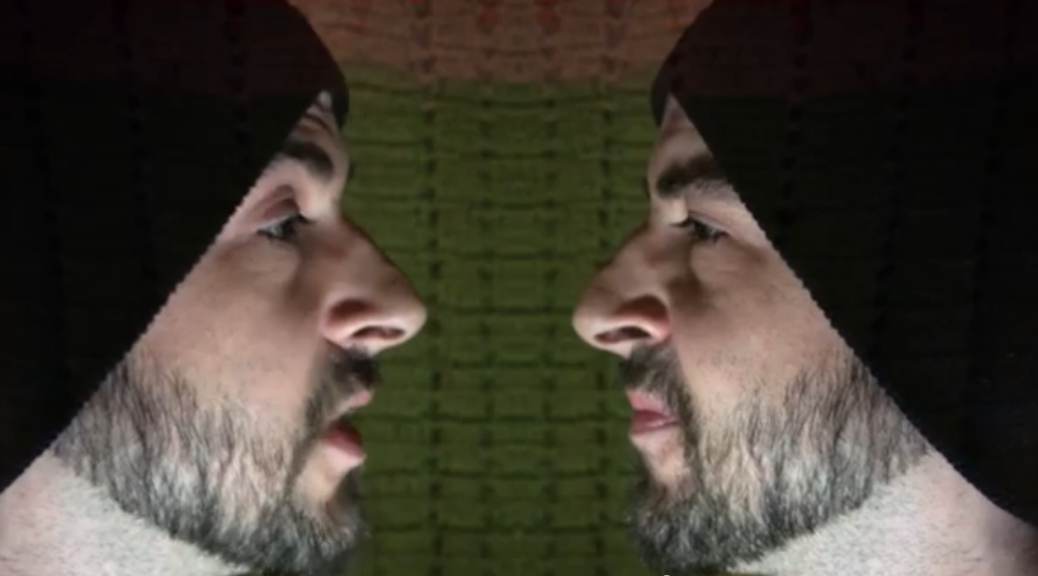My tears watered my mother’s corpse. She was in her nursing home gown, the blanket pulled up to her waist. Her head was tilted to one side, her mouth open, her tongue visibly swollen as it had been in her last days. I wailed long, natural wails. Such a reaction I had not expected to rise out of me.
After a minute or two the crying and wailing subsided to sniffles. I turned around, looked about the room. I caught sight of a small placard on the shelf among her meager final belongings. It read, “Love conquers all. Virgil.” It had hung in her apartment a few years. I picked it up, placed it on my mother’s breastbone, and looked at her again.
A nurse had placed a teddy bear beside her previously. I don’t know whether my mother would have approved of such a sentimental measure. She was 70 at the time of her death. Would she have deemed it humiliating, condescending, clueless on the part of the nurse? In life my mother was a Sherman tank, at times. I chuckled at what she might like to say about her current predicament. A bringer of war has no need of a teddy bear, you moron, you imbecile. You are below me. Maybe she liked the teddy bear. But what did she care now. This tawdry arrangement of limbs, linens, child’s toy, and placard was for the mewing psychological requirements of we the living. At least she had the word “conquer” now on her chest. That would be acceptable under any circumstances.
The curtain was pulled around her nursing home bed for privacy. The effect was of a makeshift mausoleum. A pop-up tent for dead people to be humiliated beneath the gaze of their ungrateful, semi-estranged offspring. You mourn me now, vile children. Your display of grief is a lie. Where were you when I needed you? We were off avoiding you, Mom. None of us could stand you. Don’t forget who turned away whom. I’m not lying. Damn you, you wretch, you train wreck, you twisted mass of nature, I grieve you.
You blind archangel. Flaming sword of Quixotic justice. Stoker of fires for hot air balloons, crucible of my armor. I grieve you.
The wailing started up again, then subsided after another minute. I hung my head. Suddenly I felt to make sure she was actually dead. I needed to be sure. Sure enough, the skin on her hands and face was lifeless. I’d never felt a dead person before, but I could tell. I listened for breath. Nothing. I sat perfectly still and watched her chest: the placard didn’t move. I was sure now. I stood up. Watched her a minute or two longer. Snapped a morbid photo. I do not apologize for this last measure; I have only one or two of her from when she was alive. Dead Mom, living Mom — I’ll take any photo I can get.
The whole affair lasted not ten minutes. I backed away slowly. Turned.
Walked out.


